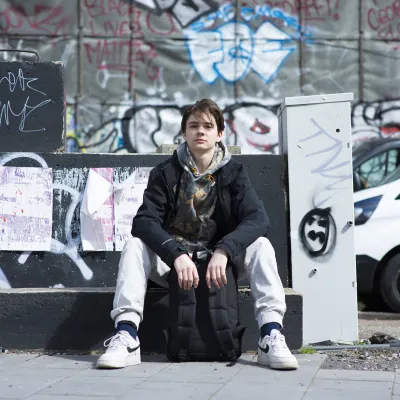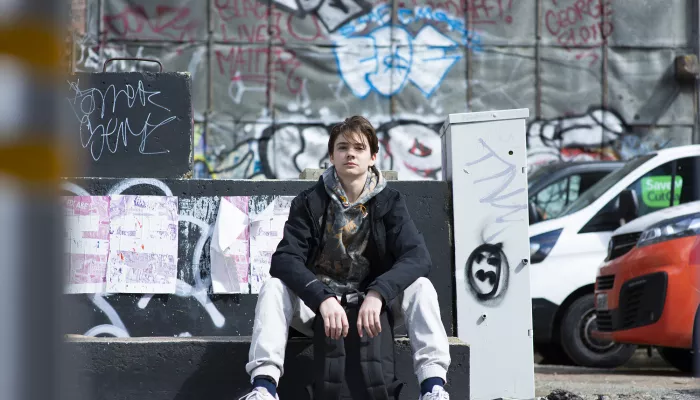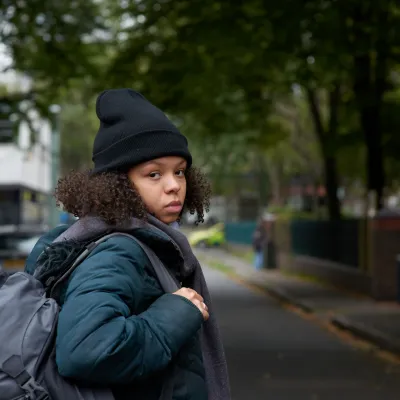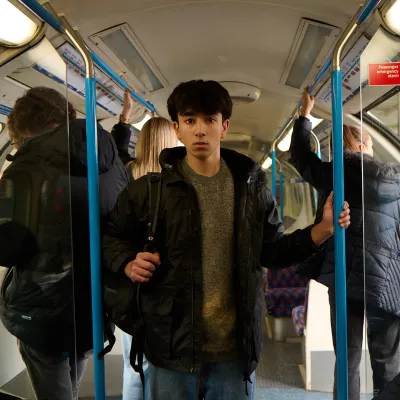
No young person left out: Estimating the local authority funding needs to support young people experiencing homelessness
Under the Homelessness Reduction Act 2017, everyone in England approaching their local authority for help because they are homeless or at risk of homelessness is entitled to an assessment. Unfortunately, Centrepoint’s Databank research has found that this is not happening in practice, with only 67 percent of the young people who approached their local authority in England in the financial year 2023/24 receiving an assessment.




